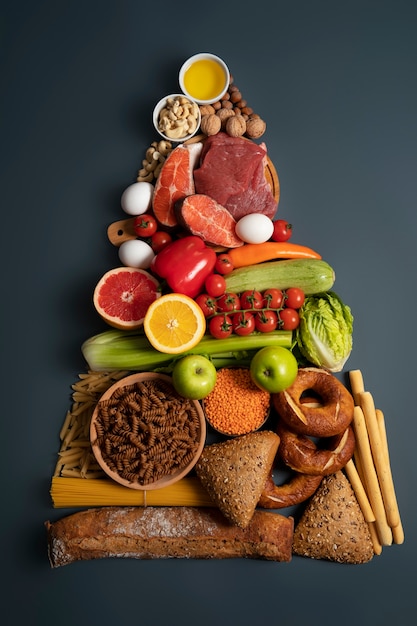
A diet rich in healthy fats can truly nourish and hydrate your skin from within. Although “fat” has often been viewed negatively, there are good fats that are beneficial for both our well-being and skin health. These essential fats are crucial for maintaining a healthy brain, a lean body, and glowing skin.
Research suggests that a diet high in healthy fats can help boost your metabolism and lower the risk of obesity. Incorporating these good fats into meals can help regulate blood sugar, facilitate fat burning, increase feelings of fullness, and curb the desire to overindulge in sugary foods.
These beneficial fats are vital for maintaining healthy skin, hair, and nails. They usually come packed with vitamins and antioxidants, offering anti-inflammatory properties. Moreover, they assist in absorbing fat-soluble nutrients like vitamins A, D, E, and K, and elements like carotenoids, lycopene, and lutein from other foods. These fats also aid in collagen production and hormone synthesis, while keeping your skin well-nourished and supple.
However, not all fats are created equal, and it’s essential to be mindful of the different types:
Saturated Fats:
Found in full-fat dairy products and meats like beef and chicken, saturated fats can also come from grass-fed sources, offering conjugated linoleic acid, an antioxidant that might protect against heart disease, cancer, and diabetes. It’s important to note that animals raised on grains usually contain fewer beneficial fats but more inflammatory ones. Grass-fed beef is also higher in stearic acid, which may help reduce LDL cholesterol and inflammation. Cacao butter and virgin coconut oil are plant-based sources of beneficial saturated fats; however, it’s recommended that saturated fat makes up less than 10% of your daily calorie intake.
Mono-unsaturated Fats:
These fats are present in foods like extra virgin olive oil, avocados, oily fish, cashews, and macadamia nuts. Avocados are especially nutritious, offering vitamin E, K, folate, and fiber. Extra virgin olive oil is rich in phytonutrients and omega-9 fatty acids, along with vitamins and squalene, which are excellent for skin health.
Polyunsaturated Oils:
Also known as essential fatty acids (EFAs), these are crucial as our bodies cannot produce them on their own. They contribute to building cell membranes, enhance immunity, support the heart, assist in fat burning, and reduce appetite and inflammation. EFAs include omega-3 and omega-6 fatty acids. Omega-3s come from both marine sources and plants, though marine sources like fish and algae are generally more potent. Omega-6 oils are found in things like avocados, coconuts, olives, and various nuts and seeds, but should be consumed wisely to maintain a healthy balance with omega-3s, ideally at a 1:3 ratio.
Trans Fats:
These fats originate from polyunsaturated oils that have been chemically altered to stay solid at room temperature, prolonging shelf life. They are harmful as they can damage skin, increase bad LDL cholesterol, and contribute to heart diseases, inflammation, ageing, and even cancer. Found in many processed foods, it’s best to steer clear of them by checking food labels carefully.
How Much Is Enough?
It’s beneficial to include a bit of healthy fat in every meal, as it can help you feel satisfied longer, balance blood sugar, and maximize nutrient absorption. Aim for about 40-60 grams of healthy fat each day, which should be no more than 30% of your total calorie intake. You can achieve this by adding a tablespoon of olive oil to veggies, including some avocado, a handful of nuts, a piece of oily fish, or a sprinkle of seeds to your meals.















